Publications
Articles, publications, books, tools and multimedia features from the U.S. Institute of Peace provide the latest news, analysis, research findings, practitioner guides and reports, all related to the conflict zones and issues that are at the center of the Institute’s work to prevent and reduce violent conflict.
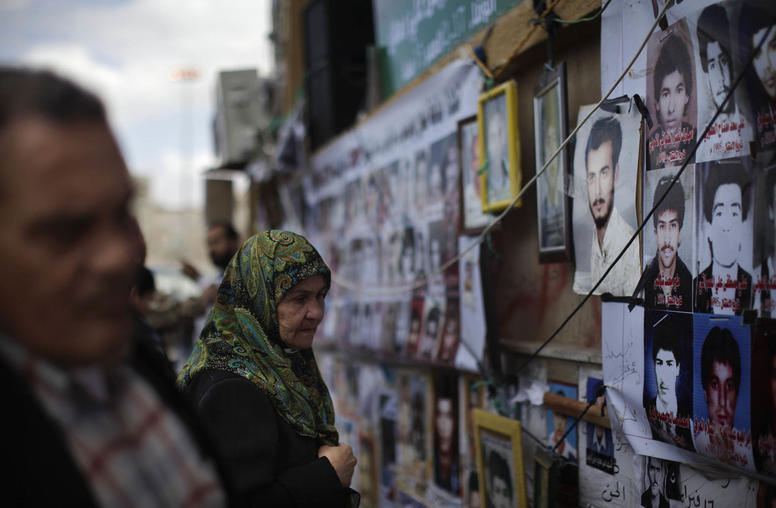
How Commemoration Can Help Unite a Divided Libya
In the al-Washishi district of Benghazi a burnt-out car stands in memorial to a slain Libyan National Army (LNA) special forces fighter, serving as a city-wide reflection of the country’s 2014-2017 civil war. The car belonged to Salem (Afareet) Al-Naili, whose father was brutally murdered, one of the many victims of terrorist violence in the city. Inspired by the personal loss of his father, Salem threw himself into the fighting in the city’s civil war and was ultimately also assassinated.
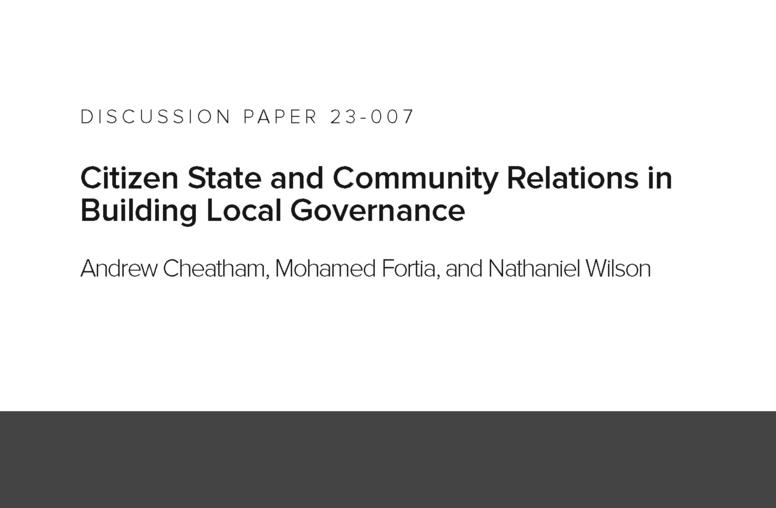
Citizen State and Community Relations in Building Local Governance
Since the revolution in 2011 and the toppling of the long-standing regime of Muammar Gaddafi, Libya has experienced various degrees of political instability and conflict. A succession of internationally supported “transitions” have failed to bring the Libyan people a functioning state with a clear social contract based on a shared vision for the nation. This paper discusses the present challenges for good local governance as perceived by Libyan citizens and institutional actors. Through this lens, recommendations are offered for immediate, short-, and medium-term initiatives that can support the improvement of citizen relations with the three traditional arms of the state—the legislative, executive, and judicial branches.
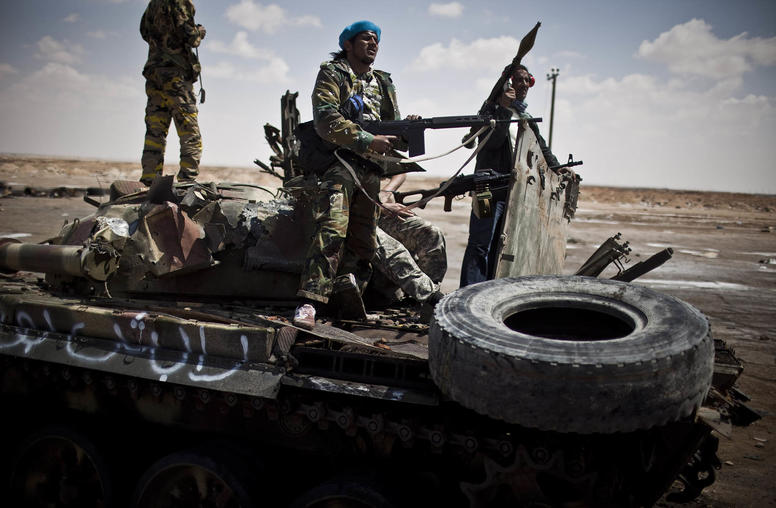
Libya Can Move Past Its Political Deadlock, But It Will Take Work to Maintain A ‘Deal’
Since 2012, multiple failed political transitions have taken their toll on the Libyan people. The continued and increasingly complex internal divisions and external vectors affecting Libya threaten to send it into another spiral of crisis and violence. Local and national leaders working in good faith to stabilize the country have inevitably grown cynical as ruling elites and their international partners fail to deliver local security and good governance.
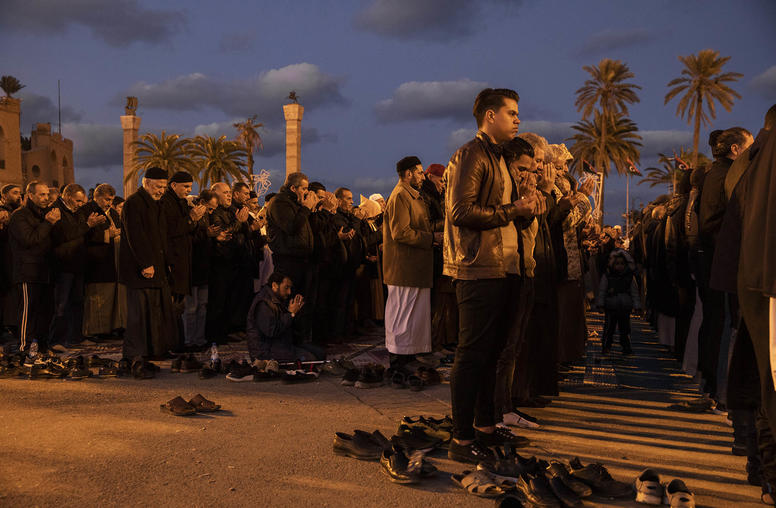
Beyond Elections: Libya Needs Unified Institutions and Reconciliation
Last week, the U.N. Security Council met to discuss its Libya mission and its new plan to end the country’s political impasse through elections. While credible polls will be a critical step in forging a path to peace, they are not a panacea for addressing this byzantine conflict’s deeply rooted drivers and the intense, bitter rivalries and factionalism that have surfaced since 2011. Indeed, previous efforts to hold elections have buckled under the weight of the intricate dynamics at play. Over a decade after the fall of Muammar Qaddafi, resolving Libya's complex conflict will require a multifaceted approach that prioritizes building trust among Libyans.
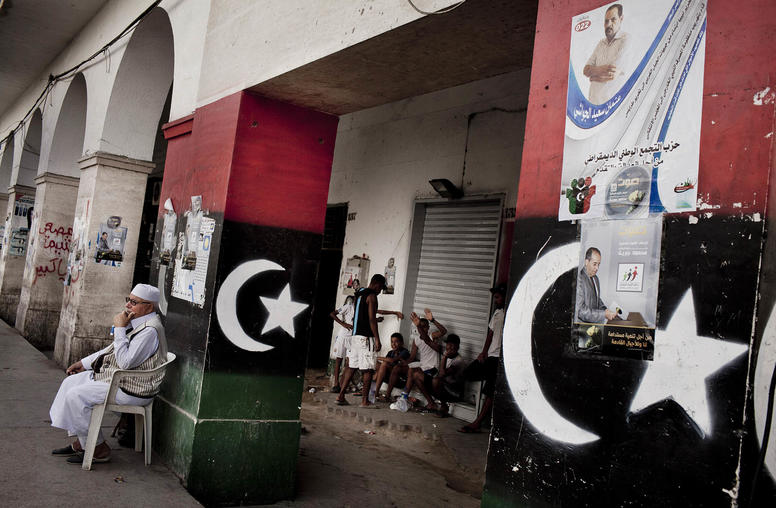
For Libyans, Elections Are Just Part of the Path to Peace
In mid-March, a delegation of prominent Libyans traveled to Washington carrying an important message: a new U.N. initiative focused on holding elections is welcome but it must be part of a bigger, comprehensive reconciliation effort to bring peace and stability to Libya. According to the deputy head of Libya’s Presidential Council, Abdullah Al-Lafi, reconciliation — and elections — can only be achieved by Libyans themselves. In Washington, Al-Lafi and the members of his delegation presented their own initiative for a national reconciliation project in order to create a Libyan-led process that complements the plan for elections proposed by U.N. Special Representative of the Secretary-General for Libya Abdoulaye Bathily.
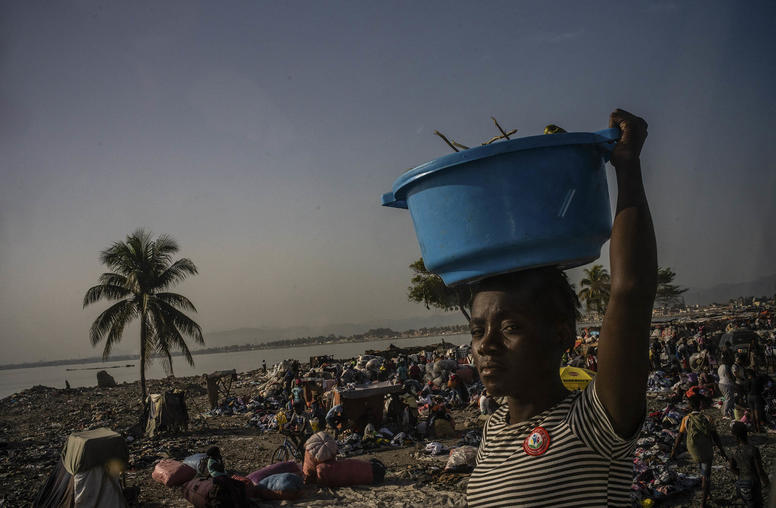
What’s the State of Play on the Global Fragility Act?
The White House’s recent release of 10-year stabilization and conflict prevention plans marks another milestone in U.S. efforts to implement the closely watched Global Fragility Act (GFA). The legislation received bipartisan support in the U.S. Congress before being signed into law by then President Donald Trump in 2019. It requires the U.S. government to develop a strategy for preventing the drivers of violent conflict and extremism, and to test a more coordinated, cost-effective and sustained U.S. approach in hot spots around the world.

Thomas Hill on the U.N. Mission in Libya
Twelve years since the fall of Qaddafi, the United Nations' Libya mission carries the same mandate as it did in 2011. With the country still experiencing various degrees of conflict and upheaval, it’s time to “re-envision what we want the U.N. to do” in Libya and create a “mandate [that] will reflect that,” says USIP’s Thomas Hill.
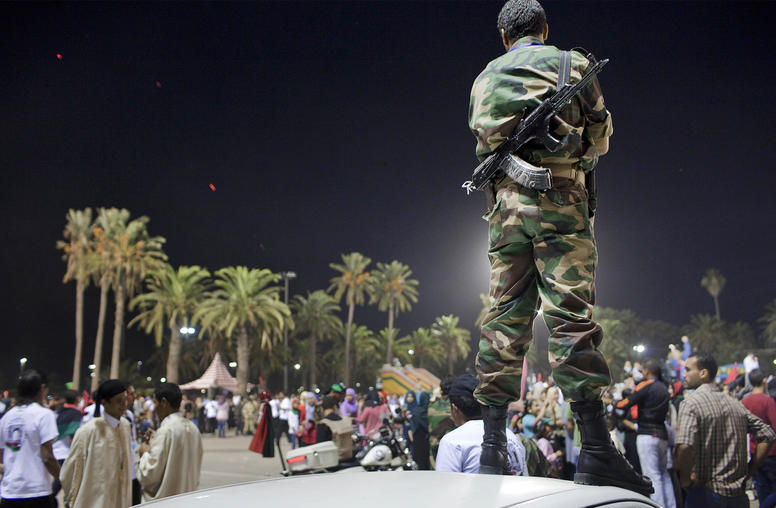
The U.N.’s Libya Mission Needs a Reset
Nearly 12 years since the overthrow of Libya’s longtime dictator, Muammar Qaddafi, the country remains divided, providing opportunities for malign foreign interference. European and Middle Eastern governments have exploited the Libyan conflict to advance narrow self-interests — often at the expense of the Libyan people. Against this backdrop, the United Nations, via its support mission in Libya (UNSMIL), has worked to find a way to balance the interests of the Libyan people, political elites and powerful external actors to devise a political settlement and resolve the conflict.
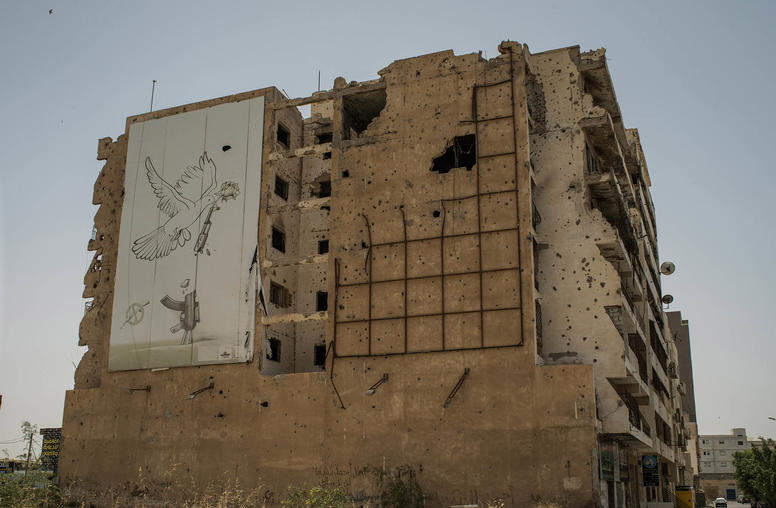
From Factionalism to Foreign Interference: Libya’s Conflict Remains Frozen
Over 11 years after the death of dictator Muammar Qaddafi, Libya’s conflict is seemingly stuck in place. Rival governments in the country’s East and West, factionalism, militia warfare and foreign interference have all contributed to a complex conflict that still has no resolution in sight. In a bid to advance the peace process, the United Nations convened the Libyan Political Dialogue Forum (LPDF) in late 2020 with 75 Libyans from across the country’s diverse social and political spectrum. Among other things, participants agreed on a roadmap for national elections to be held on December 24, 2021.
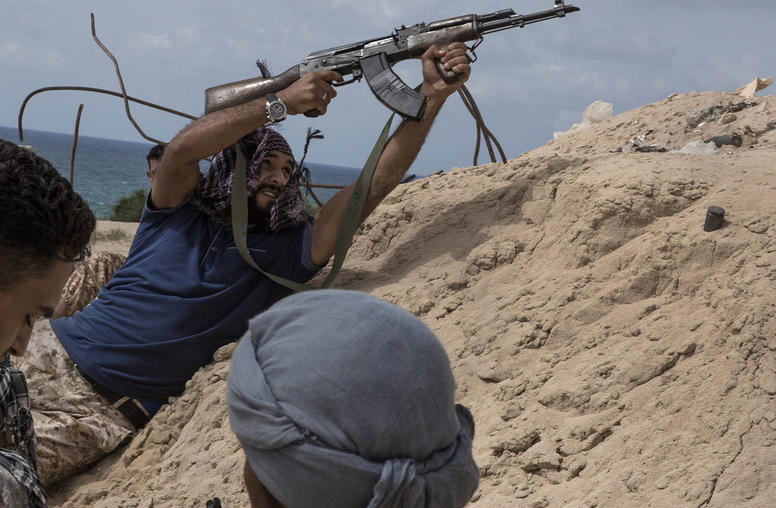
What’s Next for Libya’s Protracted Conflict?
This week in Cairo, the United Nations will host the final round of scheduled talks between representatives from Libya’s two opposing governments: the House of Representatives (HoR) based in the eastern city of Tobruk and the High Council of State (HCS) based in the western city of Tripoli. The talks which began in April are intended to yield a “solid constitutional basis and electoral framework” for ending the country’s longstanding political stalemate.